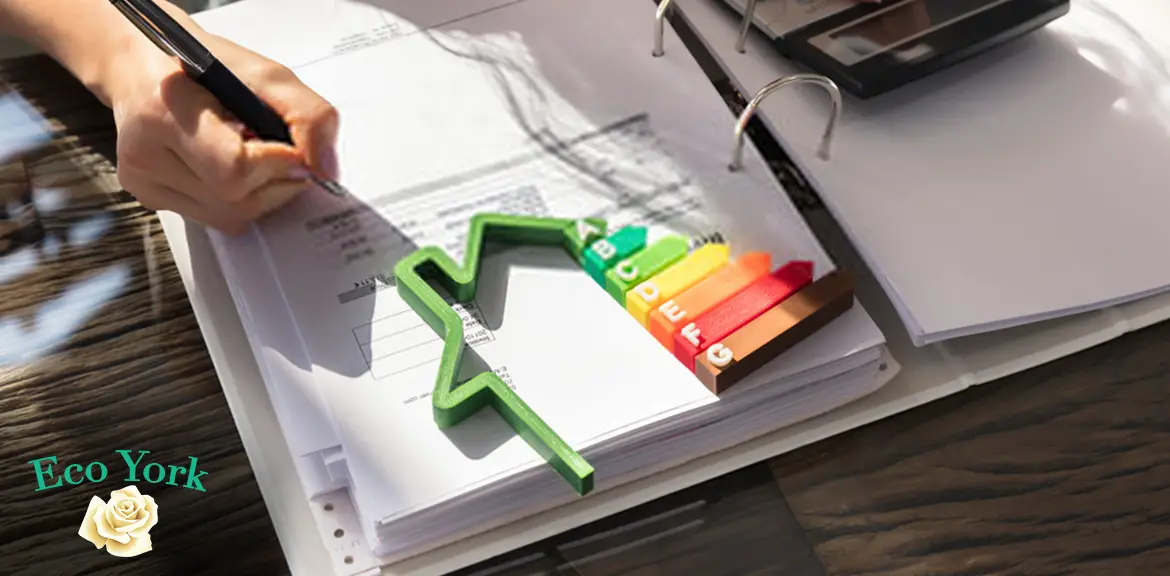Do you feel your energy consumption is not usual these days? Do you think your recent utility bills have shocked you because you can’t figure out how you managed to guzzle through that much energy consumption for your home?
Keeping your home efficient in terms of energy consumption is one of the most effective ways to get down the utility bills and save a noticeable amount of money. Investing in improving energy efficiency may be a tedious job to do since it requires a lot of effort, money, and time. But that’s not the truth at all! A home energy audit is an effective way to spot inefficiencies or loopholes in your home’s energy use. A home energy audit should be considered by every homeowner on a regular interval of two to three years to ensure they are not spending more on energy than required.
You can either get help from professional home energy audit services, or you can get home performance software to do so. No matter what option you choose, you will definitely find plenty of options for a residential energy audit for sure. In case you want to perform a home energy audit on your own, here’re some useful tips you can follow to uncover how you’re using energy in your home and discover different ways to start saving more.
Related Reading – Home Energy Audits – Know the reasons why it is crucial for your home
Identify the areas of home consuming maximum energy
Before getting started with a residential energy audit, it is crucial to identify which part of your home consumers’ maximum energy. You can start by looking at lightning, hot water, heating and cooling systems, refrigeration, appliances, and cooking.
Begin with inspecting the heating and cooling system
When it comes to home energy consumption, heating and cooling systems are one of the greatest consumers among all. According to the research, it is found that approximately 48% of the average home energy is used by heating and air conditioning. If you have a water heating system, it will add up to 18% more in the house energy consumption. You can greatly reduce your electricity by simply improving the heating and cooling systems of your home. To begin with a home energy efficiency audit, you can follow the below steps:
- Inspect cooling or heating appliances to check for any issues.
- Don’t forget to examine your ducts in case you have a central air conditioner. It is possible that the duct might be having air leaks. If required, you can find professionals who can seal it up properly to avoid any leakage.
- Identify air leaks around the doors and windows of your house. Small gaps easily allow warm or cold air to flow in your home, which at the end forces heater or cooling systems to work harder to maintain the atmosphere.
- Try to control the hot water usage per day and adapt water usage habits to reduce the waste of water.
Always check for insulation and sealing
Do you know poor insulation and sealing could cost you hundreds of dollars due to heat loss and cooling inefficiencies? Therefore, it is advisable to inspect your home thoroughly to identify potential insulation gaps or poor sealing as a part of your home performance audit. Make sure you check out the following things during the energy audit:
- Make sure you examine uninsulated spaces since most of the heat loss occurs through such small gaps in the insulation. Try to check all the junctions in a home, plumbing fixtures, light switches, and any other possible areas.
- Don’t miss out on attic insulation. It is crucial to check if there are any gaps around pipes, chimneys, or ducts of your home or not. You can seal it up using foam.
- Did you check the wall insulation in your home? Well, that is something that requires professional energy audit services since you will need thermal imaging equipment to identify or inspect your wall insulation. In case you don’t want to get into a professional energy audit, you can make a small hole to check the insulation.
- In case you have an uninsulated basement, you should think of floor insulation. It is important that you check your home flooring for insulation. If it is not insulated properly, it may cause heat loss.
Also Read – Tips to Grow Your Home Cleaning Business in the COVID-19 Pandemic
So, do you think you’re done with a home energy audit?
Well, following the above tips, you can easily perform home energy audits on your own. But do you know that general electricity waste is a major contributor to poor home energy efficiency? It is always a good idea to evaluate your electricity usage habits and potential sources of electrical waste in the appliances. To get the maximum benefit from professional home energy audits, make sure you check your light usage, evaluate light bulbs, monitor TV or computer settings, and unplug unnecessary appliances.
However, make sure you take necessary safety precautions while conducting a home energy audit on your own. Do you want experts to do a residential energy audit for your home? Or looking for home performance software? Get in touch with our experts now.





